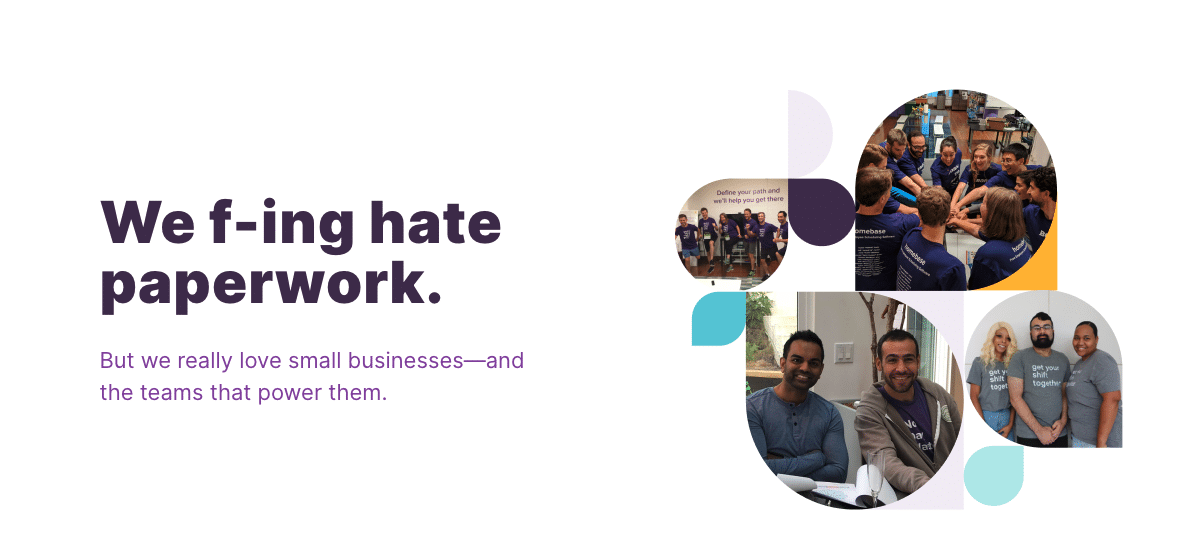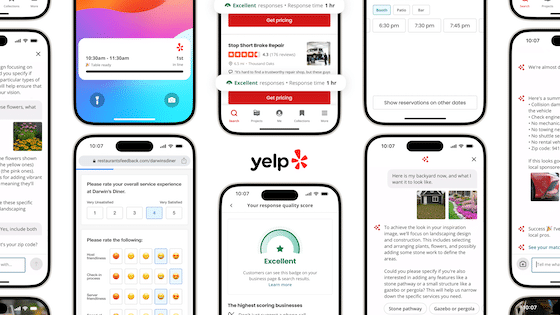When you look at Homebase’s “About Us” page, you find a paragraph that offers a variation on the raison d’etre of so many of the SMB SaaS companies that we follow.
There are more than 5 million small businesses in the US, and roughly half of them are spending as much as 7 hours each week (essentially a full day every week!) doing time-consuming, yet necessary tasks like paperwork, payroll, and scheduling. Most of it’s done by hand or with homemade spreadsheets.
So that pitch, plus the proof point of having 100,000 customers (representing one million employees) using its software, helped Homebase raise a $71 million Series C round, announced this week. This round, according to TechCrunch, values Homebase at between $500 million and $600 million.
The funding announcement coincides with the rollout of new product features, Payroll processing, and pay advances. This deepens its solution set while expanding its competitive field substantially.
Making Life Easier
San Francisco-based Homebase was founded in 2014 with a mission to replace the paper employee shift schedule at restaurants and retailers. This round brings the company’s cumulative fundraising total to $109 million, according to the company.
“I started Homebase to make life easier for my family members and friends in local businesses, who weren’t being helped by technology,” said company Founded and CEO John Waldmann, in a statement.
Waldmann sid hiring, scheduling, almost everything was being handled offline. And he said, when SaaS tools did exist, they were not purpose-built for hourly employers. Think restaurants, retailers, cleaners, bars, doggy daycares, and so on.
“Now, more than ever, they deserve better. We are offering the first comprehensive platform for team operations, payroll, and HR built specifically for Main Street businesses and hourly work. This funding allows us to provide even more tools and solutions to make work easier for them.”
Too Much Paperwork
Homebase estimates that about half of the 5 million small businesses in the United States are spending as much as 30 hours every month on time-consuming but necessary tasks. Things like payroll, scheduling, and administrative paperwork. Again, a variation on a theme we’ve heard for years to justify (correctly) the need for a SaaS tool.
As an aside, we find it interesting that Homebase uses 5 million as the size of the U.S. small business market. Often we see companies use larger figures, sometimes up to 30 million, to inflate the market opportunity.
The 5 million figure feels more honest for what Homebase is targeting, which is small businesses that manage enough hourly workers to make the paperwork a headache. The 30 million figure is often misleading. It includes solopreneurs who would never need a product like Homebase. So kudos to Homebase for using the best, not the biggest, figure.
 Jumping on a Trend
Jumping on a Trend
Homebase has evolved considerably from its beginnings as a scheduling tool. Fast forward to today, the company now positions itself as an all-in-one solution for time clocks, scheduling, payroll, and HR. Again, with a focus on businesses with hourly employees. Specifically, Homebase has build tools for companies employing frontline and service workers, not office workers. However, the company may expand its focus to include workers who sit at a desk.
The addition of payroll and pay advance is a step-change forward for the company. But also logical. If you are going to track the time of hourly workers, why not also pay them.
We find the pay advance tool interested. This fits in a broader trend of offering earned wage access to lower-wage workers as a way of helping them meet daily necessities without resorting to high-interest alternatives like payday loans. The SaaS payroll company Gusto offers something similar with its FelxiblePay solution. These pay advance tools are becoming increasingly popular around the world.
Big Name Investors
The C round investors include a preeminent list of A-list VCs and celebrities. Leading the round was GGV Capita. Existing backers such as Bain Capital Ventures, Baseline Ventures, Bedrock, Cowboy Ventures, and Khosla Ventures also participated. There were also some individual investors with star power, including, of all people, actor Matthew McConaughey.
GGV Capital has invested in a who’s who of Internet-related brands, from Airbnb to Afrirm to Giphy and Houzz and others.




